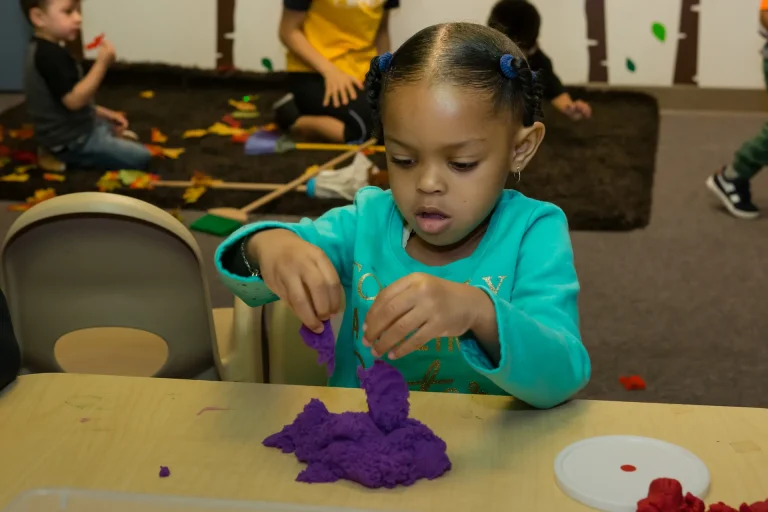How to Set Limits for Teenagers
Setting limits for children is part of the process of training, education and upbringing, and should not be seen as something negative; on the contrary, limits are essential to prepare our children for life. For this reason, even from early childhood , it is recommended to set limits for children. In this case, we will talk about limits for adolescent children, an important stage in everyone’s life.
Adolescence is defined as the stage between which childhood ends and puberty begins, giving way to adulthood. This period is a time of physical, psychological, emotional, biological, social and sexual changes; but it is a change for both new teenagers and parents, who face the challenge of educating people in a process of transformation. That is why we want to share with you some very practical advice that will help parents set limits for their teenage children. (See Also: How to Know if You Are a Toxic Parent )
Tips for Setting Limits for Teenagers
Specific Orders
Saying “arrive early” is not the same as saying “you must arrive at 9pm.” Parents must be very clear with orders and limits, leaving no room for doubt. It is recommended to use short and precise sentences, which do not allow conditions; for example, “you must arrive at 9pm and clean your room.” On the other hand, if you say “arrive at 9pm so you can clean your room,” your child will probably tell you that he cleans his room before leaving so he can come back later.
Explain the Rules
Parents understand the importance of rules and limits through life experience; however, our children do not understand the reason for restrictions. That is why it is important for parents to explain to their children why there are limits; they must understand that it is for their well-being and not just because of the parents ‘ whim .
It is also good to clarify and emphasize to children which rules are non-negotiable and cannot be broken; for example, coming home, respect for people, each person’s tasks within the home, etc.
Learn to Negotiate
This is a very important skill for handling a stressful situation without giving up control or authority; it is also about being a little more understanding without forgetting that parents were once teenagers too.
If it is a non-negotiable rule, parents can discuss it with their children and come to a mutual agreement. This can also help to improve trust between the two parties and generally improve the parent-child relationship.
In this case, for example, although the limit or the rule is not negotiated, some details can be negotiated. For example, you gave your son permission to go out to a party, the arrival time is at 10pm, but your son calls and asks for permission to stay 1 or 2 hours more; the negotiation then, can be that you give him 2 more hours of permission, but in exchange you pick him up, or that you give him only 1 more hour and he must be home by 11pm. (Read also: How to be a better mom? )
Positive Reinforcement
It’s not just about congratulating him or highlighting his good behavior, but also about speaking positively. It’s not the same to spend all day talking negatively “don’t do, you didn’t do, don’t go out, don’t say, etc.”; to changing your communication to positive “it’s better not to shout, remember to clean the kitchen, etc.”
Likewise, when your child follows the rules, when you gave him a vote of confidence and he did not let you down, you can reward his behavior with positive things. Each parent will see the best way to do it according to the family dynamics, some will choose to become more flexible with certain rules, others will opt for material rewards or even plans and outings as a family. (You may also be interested in: Tips for sharing at home with children)
Why is it important to set limits and rules?
Limits must always exist. It is important that parents understand their role in their children’s education very well. While it is important to maintain a good relationship with their children, parents should not seek to be their friends, but rather really be parents, who guide, educate, correct, accompany, teach, etc.
Limits must be set at home, not only to encourage appropriate behavior within the home, but because good behavior has repercussions at school, in other spaces, with other people, in general in life and in society.
Adult life is also full of limits and rules, so it is important to educate children from a young age in an environment with limits, so that it will be easier to face these limits in adult life. Generally, a child who grows up in an environment without limits is a person who will find it very difficult to follow the rules in his adult life.




